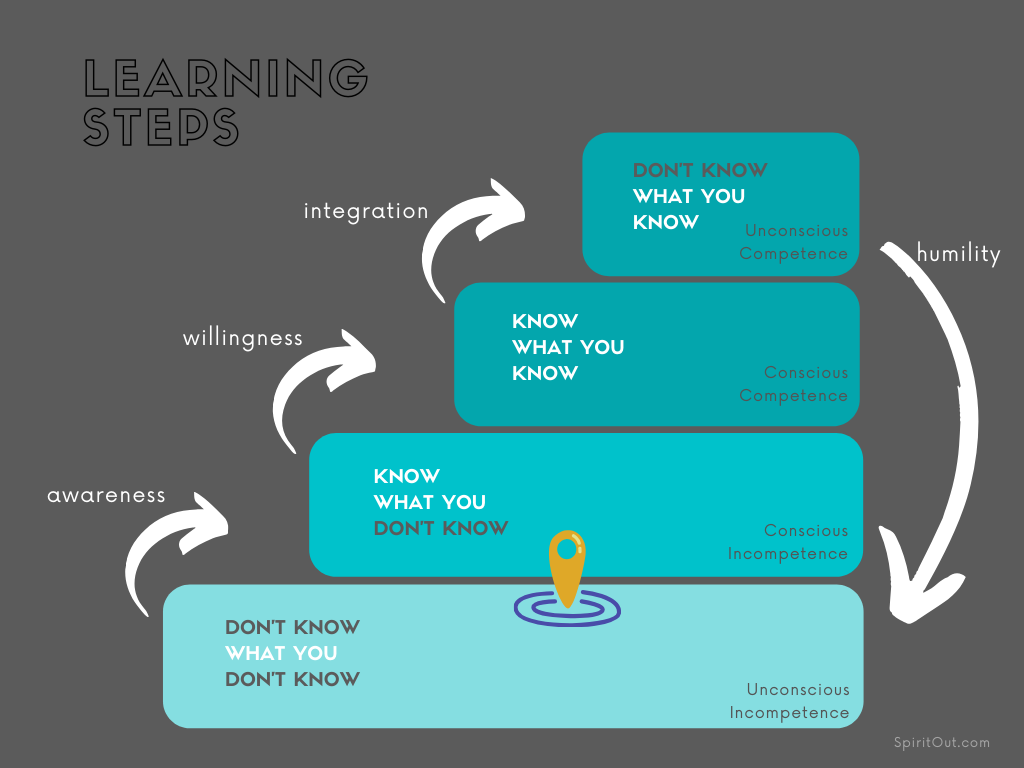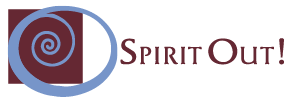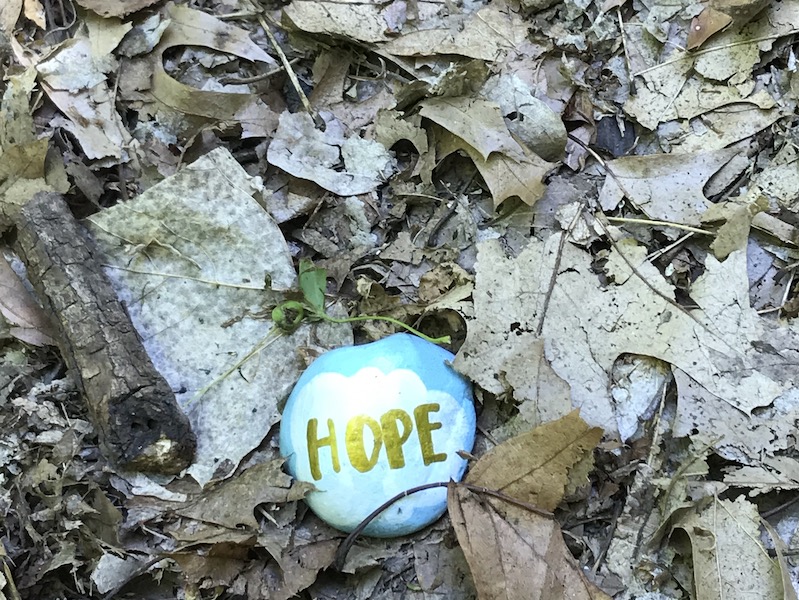Each day I’m realizing more of what I didn’t know that I didn’t know. That’s learning, right?
Some blind spots can be comfortably positioned in place for a very long time. Until they are not.
Then, suddenly, we are on the next, often uncomfortable step toward consciousness: Beginning to know what we don’t know.
Let’s look at a pursuit of equity and racial justice, for example.
In the past few years and in the past several days, I’ve experienced a deepening awareness of systemic racism and my own. Being willing to look into those blind spots takes courage, but is not only doable but imperative. Uncomfortable, humbling, and yes, painful to examine my individual and collective other-than-conscious participation in oppression of people of color.
Those of us who are white have to keep doing the work to put an end to racial injustice once and for all. As a white person who has benefited from privilege in innumerable ways, I believe it’s my human, civic and spiritual imperative to unlearn and dismantle racism in any way possible.
Seeing racial injustice in all its forms, admitting the brutality of systems sharply skewed to favor, protect and laud white people, acknowledging the indelible pain caused to generations of black bodies, is to allow more light into places that I as a white woman need to see. And change.
What helps the light get in?

Where are you at the moment with regard to racial equity?
What can help make the learning journey a sustainable one?
Here are 4 qualities that I find helpful for transformative learning to happen and continue sustainably.
In one simplified model of learning pictured above, simple awareness gets the learning moving. Then, one adds a willingness to learn, and cycles back around for awareness to expand and learning to be transformative. It is neither linear nor finite, but rather an ongoing, spiraling process of opening one’s eyes, heart and mind.
4 Essential Qualities that Support Growth
- Awareness
When a person is in a place of not knowing what they don’t know, it can be a comfortable place to hang out. Then, by choice or by happening, awareness washes over and one begins to realize what more there is to learn. And usually it is a lot!
example:
When I first heard of the killing of George Floyd, I thought, “Not again!” Jamar Clark, Philando Castile, and so many other lives ended by police brutality. And I didn’t want it to be true. I wanted to look away, just the way my white privilege has allowed that to be an option since I was born. But I and most of the world are not looking away. - Willingness
This is an exciting step of opportunity and challenge. Don’t stop here. With willingness to seek out sound resources, support, and experiences to learn, you gain strength, knowledge & understanding.
example:
Re-reading helpful books like White Fragility, listening to new ones like How to be an Antiracist by Ibram X. Kendi, listening to black leaders, friends, writers and artists in a new way is opening my mind and heart further. - Integration
To move from knowing what you know to a level of applying what you know with ease, it often takes both practice and rest. Incorporating what you’ve learned so thoroughly, it becomes like second nature.
example:
Getting past my own white fragility to talk about race in meaningful ways, early and often, allows for learning that comes from practice. - Humility
From a place of confidence and comfort, unaware of what you’ve learned, this level of other-than-consciousness can soon invite us back to not knowing what we don’t know. If we let it, a humble heart can open one’s mind once again to the next blind spots calling for awareness.
example:
Making a mistake, stumbling or growing back into the not-knowing-what-I-don’t-know” phase prompts me to examine more ways that I’ve been socialized in a culture of white supremacy.
It can feel vulnerable to admit one’s blind spots, to feel the grief, to witness the atrocities and violence acted out against fellow human beings and to ask how am I part of the problem. But it is time to be unstoppable for the sake of our human brothers and sisters.
And, that gives me hope. The road of lifelong learning for racial equity and justice is a long one. If you, too, are committed to raising your own awareness, learning and action for change, please consider joining my book study course based on the book White Fragility by Robin DiAngelo. Together we can shine light into blind spots that are ready to disappear.
In the words of Maya Angelou,
“Do the best you can until you know better. Then when you know better, do better.”
It’s time to know and do better.

